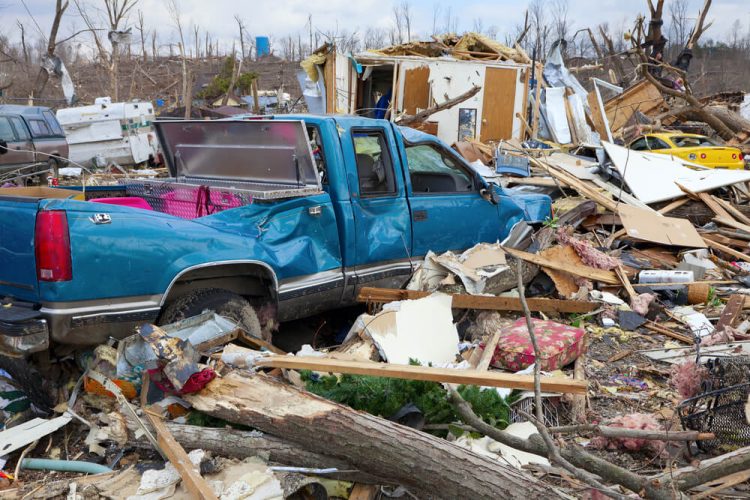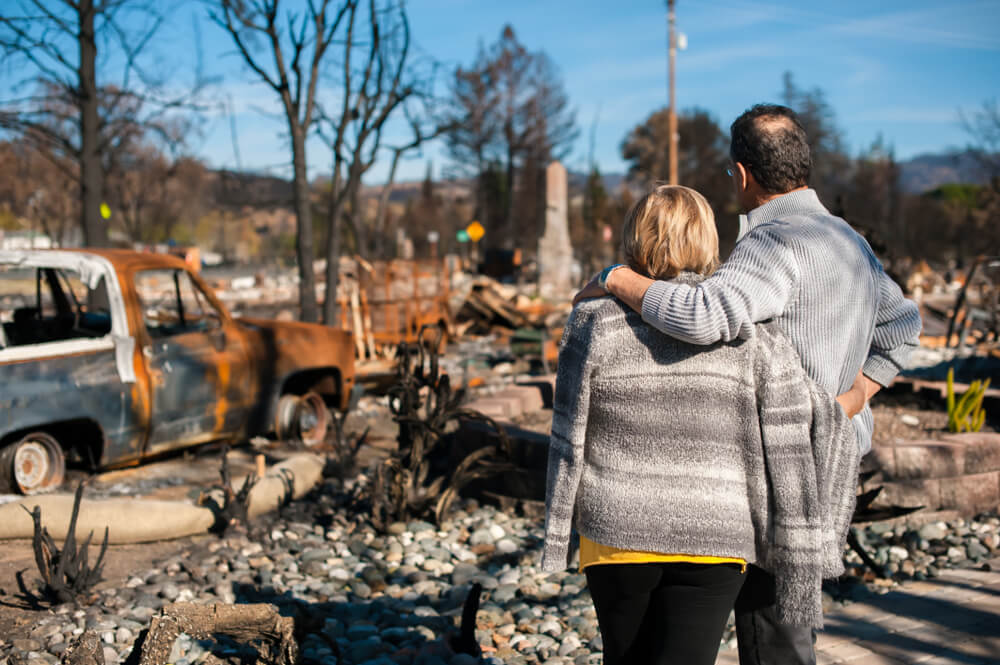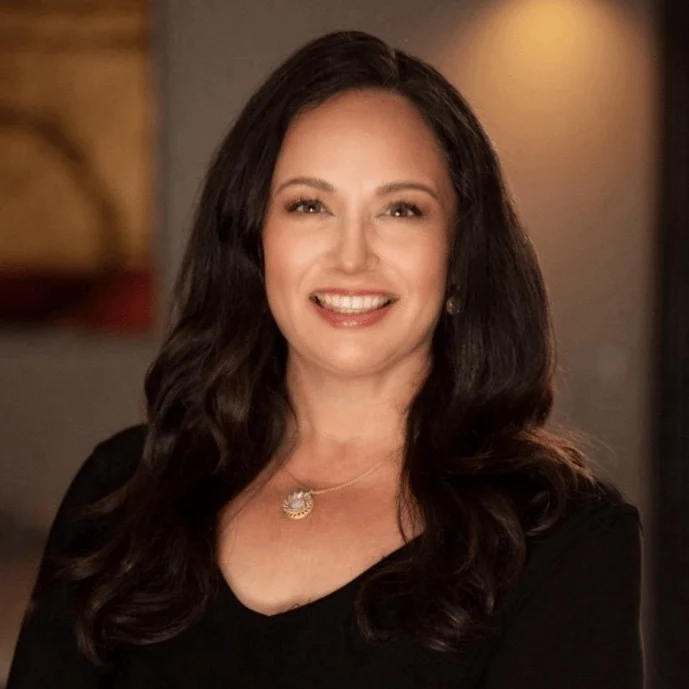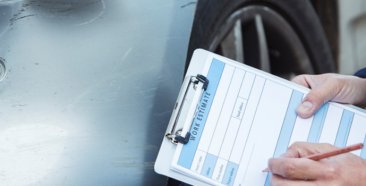
Natural disaster homeowners insurance is your first line of defense against financial stress if a severe weather event damages your home. Understanding the basics of natural disaster coverage can help you pick out a policy that covers all your bases and stay prepared in an emergency. By exploring common questions and breaking down the first steps to take in the event of an emergency, you can enjoy peace of mind, even when the unexpected occurs.
The Role of Homeowners Insurance in Disaster Recovery
When a severe weather event occurs, filing a claim with your natural disaster homeowners insurance policy can help you get the financial support you need to complete critical repairs. With a comprehensive policy covering natural disasters, you can immediately spring into action instead of having to scrounge up funds for emergency repairs or dip into your savings.
Navigating Insurance Policies Before a Disaster Strikes
When insuring your home, you may have questions like: Does insurance cover natural disasters? What about storm damage from landslides or tornadoes? While many homeowners’ policies have some protection coverage for storms, it’s important to understand your plan before filing a claim.
For example, typical homeowners policies don’t cover any damage to your home from certain situations like floods, landslides, and earthquakes. Tornado coverage can vary by area. To stay covered, talk to your insurer about your insurance policy and consider add-ons for earth movement, hail, storms, and flooding.
Financial Preparation for Specific Natural Disasters
Certain natural disasters have their own insurance considerations that you should take into account to ensure you’re financially prepared.
Earthquake, Flood, and Hurricane Insurance Explained
Most insurers don’t include earthquakes, hurricanes, and floods from natural disasters in their policies. While they may cover specific situations, such as wind damage or fires started during a disaster, you’ll likely need to secure additional coverage with your natural disaster insurance. This is just one way you can prepare for hurricanes and other disasters.
Lesser-Known Disasters: Are You Covered?
You can also secure disaster coverage for less common events, like volcanic eruptions and lightning strikes. Explore your specific policy and talk to your provider to determine if you need specialty coverage.

Steps to Take When Disaster Hits
In the unfortunate event disaster strikes in your area and causes damage to your home, there are some steps you can take to set yourself up for the best possible outcome:
Documenting Damage and Filing Claims Efficiently
Start by thoroughly documenting the damage by taking pictures, then contact your insurer right away to file a claim. Submitting evidence promptly can help you process your claims efficiently and start repairs. Creating an inventory of your home before a disaster can make this process much easier.
Seeking Assistance Beyond Your Insurance Policy
Emergency disaster relief and support are sometimes available after a severe weather event. If you live in an eligible area, you can also apply directly with FEMA to gain federal disaster assistance.
Living in High-Risk Areas: A Special Consideration
Some geographical areas are at higher risk for various disasters. For example, people living on the coast are more likely to file claims for hurricane damage, while people living in the central United States are at higher risk for tornado damage. Here’s how to navigate living in a high-risk area when it comes to natural disaster homeowners insurance.
Adequate Liability Coverage and Risk Mitigation Strategies
To ensure that your home is well protected, start by reviewing your insurance policy to see if there are any special exclusions for living in certain areas. If there are, secure additional coverage as needed. Next, check your liability coverage limits to make sure they are sufficient to cover any potential damage. Along with managing your coverage, it’s important to keep up with regular home maintenance and disaster preparedness practices to give your home the best chance of withstanding severe weather. Be sure to assess your policy regularly to ensure that your coverage is adequate and meets your changing needs.
Aftermath: Managing Finances and Rebuilding After a Disaster
Once you process your claims, you can start repairing and restoring your home. Keep careful track of your expenses and any reimbursements to effectively manage your finances as you recover. Once you’ve addressed the major issues, start slowly building an emergency fund to protect your home for the future.
FAQs About Home Insurance and Natural Disasters
Here are the answers to a few common questions about disaster coverage.
What Natural Disasters Typically Aren’t Covered by Homeowners Insurance?
Coverage varies based on your provider and specific policy, but most policies exclude damage from earth movement, such as sinkholes, landslides, and earthquakes. They also typically require you to get separate insurance for floods.
How Can Homeowners Ensure They Have Enough Insurance for Disasters?
Homeowners can ensure they have adequate coverage by researching the risk level for different natural disasters in their area and then purchasing supplementary coverage for common events.
Are There Any Exclusions or Limitations in Home Insurance for Natural Disasters?
Insurers often have their own exclusions, which can vary based on location. For example, insurers may not cover (or may charge more for) hurricane damage for coastal properties. Conduct thorough research on your policy and ask about supplementary coverage to handle any limitations on your policy.
Covering Your Assets Before a Disaster
If you’re looking for a homeowners policy that protects your home and finances from the aftermath of natural disasters, we are ready here at Freeway to get you an affordable quote. Meet with one of our experienced agents at a Freeway Insurance location near you, call us at 800-777-5620, or apply for a quote online to get started.



